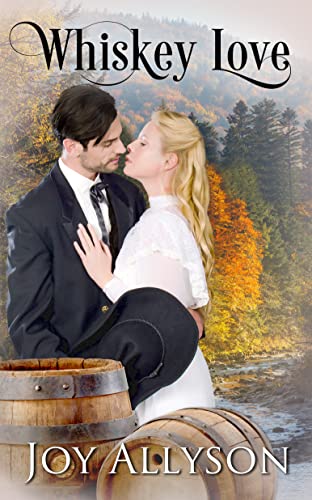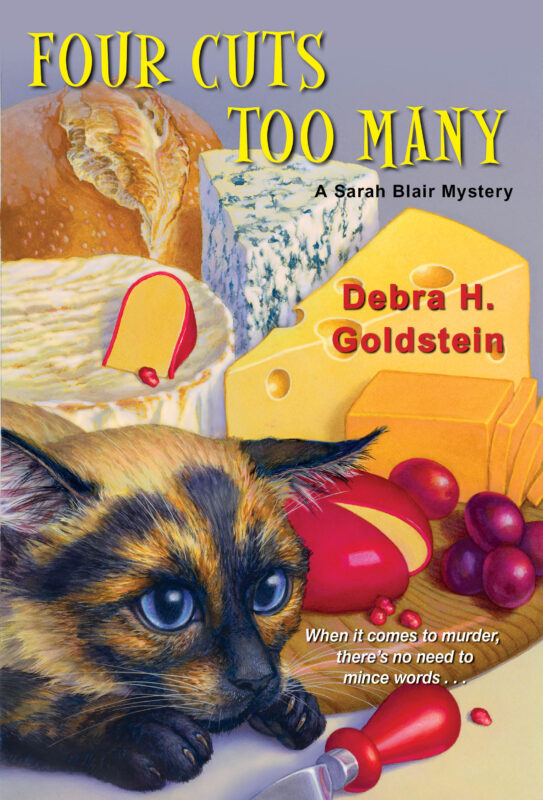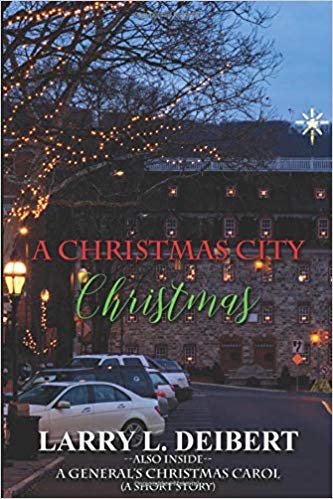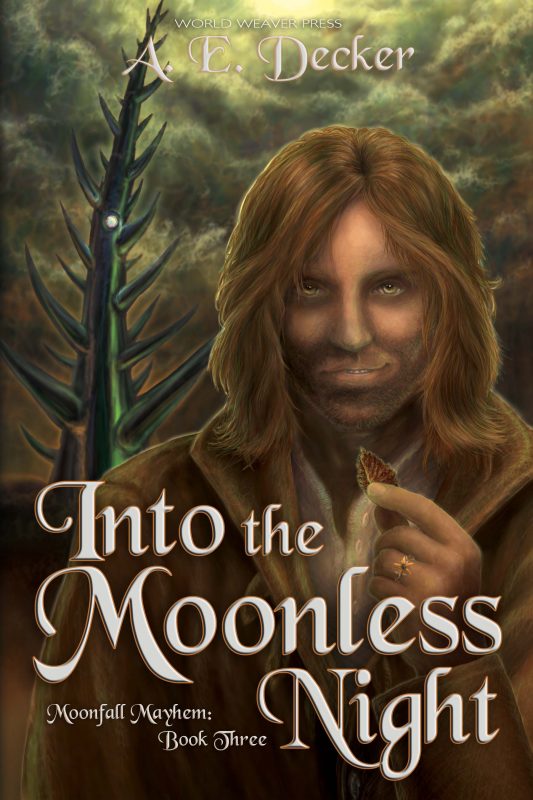PORTMANTEAUS by Jenny Jensen
September 19, 2021 by Jenny Jensen in category On writing . . . by Jenny Jensen tagged as creative writing, English, language, portmanteau
We’re so lucky. The English language is like play dough.
Oh yes, we have strict rules of grammar, tense, POV, all the way to the minutia of intransitive verbs. We can choose from a number of eminent grammar and style guides to ensure conformity. We have stalwart English teachers to drill those rules into our heads so that we are all on the same page. (And bless them all – there is nothing better than order over chaos). But despite those rules a writer has so much freedom to shape our mother tongue into forms wry, brittle, silly, heartbreaking, snarky or just plain mad.
I don’t have much command of any other language; a smatter of German, a soupçon of French, about a third cup of Latin and a healthy plateful of Spanish. But I do know that the rules of those languages are not as forgiving as English — not as much room to roam before you run afoul of the language police. English allows us to mangle all the rules of spelling, meaning, and sentence structure to reflect dialect, or character traits, add color, shift perceptions or mood and anyone with a good command of English can understand — and only pedants ever complain. Of course, you have to use the rules of punctuation. Gotta have those traffic signs.
Anthony Burgess used bits and pieces of Russian mixed with Shakespearian English and other tongues to give us Nadsat, the terrifyingly unique argot of his dark characters in A Clockwork Orange. The reader may have had to work at it a bit, but it was intelligible and colored the story with an unforgettable feel. Fantasy and Sci Fi from J.K. Rowling to Ursula K. Le Guin play with all sorts of mixed up language that become magical words and when you’re reading in those worlds you understand.
Dialect and special vocabulary enrich a tale on many levels and I’m in awe of those writers who do them well, but my favorite form of play dough English is the portmanteau. Anybody can create one of these inventive combinations, and everybody does — usually with something faintly deprecating or ironically funny in mind. And with just one word a portmanteau can ooze with meaning. Frenemy speaks volumes — we’ve all had one and it’s exhilarating to give ‘em a proper name. Craptacular very neatly wraps up the verdict on so much of our over-hyped media. And then there’s pompidity, my own invention from University days when I struggled to describe the quality of politicians.
All writers love words. Words are paint, chisel, fabric, and clay for our creativity. If you can’t find that one word that perfectly reflects your intent, try cobbling a new one together — no one will take points away. Blog is a portmanteau (web log) so if you’re lucky enough to have your portmanteau go viral, you might wind up in the OED.
Jenny
3 0 Read morePORTMANTEAUS by Jenny Jensen
March 24, 2018 by Jenny Jensen in category On writing . . . by Jenny Jensen tagged as creative writing, English, language, portmanteau
We’re so lucky. The English language is like play dough.
Oh yes, we have strict rules of grammar, tense, POV, all the way to the minutia of intransitive verbs. We can choose from a number of eminent grammar and style guides to ensure conformity. We have stalwart English teachers to drill those rules into our heads so that we are all on the same page. (And bless them all – there is nothing better than order over chaos). But despite those rules a writer has so much freedom to shape our mother tongue into forms wry, brittle, silly, heartbreaking, snarky or just plain mad.
I don’t have much command of any other language; a smatter of German, a soupçon of French, about a third cup of Latin and a healthy plateful of Spanish. But I do know that the rules of those languages are not as forgiving as English — not as much room to roam before you run afoul of the language police. English allows us to mangle all the rules of spelling, meaning, and sentence structure to reflect dialect, or character traits, add color, shift perceptions or mood and anyone with a good command of English can understand — and only pedants ever complain. Of course, you have to use the rules of punctuation. Gotta have those traffic signs.
Anthony Burgess used bits and pieces of Russian mixed with Shakespearian English and other tongues to give us Nadsat, the terrifyingly unique argot of his dark characters in A Clockwork Orange. The reader may have had to work at it a bit, but it was intelligible and colored the story with an unforgettable feel. Fantasy and Sci Fi from J.K. Rowling to Ursula K. Le Guin play with all sorts of mixed up language that become magical words and when you’re reading in those worlds you understand.
Dialect and special vocabulary enrich a tale on many levels and I’m in awe of those writers who do them well, but my favorite form of play dough English is the portmanteau. Anybody can create one of these inventive combinations, and everybody does — usually with something faintly deprecating or ironically funny in mind. And with just one word a portmanteau can ooze with meaning. Frenemy speaks volumes — we’ve all had one and it’s exhilarating to give ‘em a proper name. Craptacular very neatly wraps up the verdict on so much of our over-hyped media. And then there’s pompidity, my own invention from University days when I struggled to describe the quality of politicians.
All writers love words. Words are paint, chisel, fabric, and clay for our creativity. If you can’t find that one word that perfectly reflects your intent, try cobbling a new one together — no one will take points away. Blog is a portmanteau (web log) so if you’re lucky enough to have your portmanteau go viral, you might wind up in the OED.
Jenny
4 0 Read more
Affiliate Links
A Slice of Orange is an affiliate with some of the booksellers listed on this website, including Barnes & Nobel, Books A Million, iBooks, Kobo, and Smashwords. This means A Slice of Orange may earn a small advertising fee from sales made through the links used on this website. There are reminders of these affiliate links on the pages for individual books.
Search A Slice of Orange
Find a Column
Archives
Featured Books
WHISKEY LOVE
She's a headstrong Bostonian. He’s a laid-back Tennessean.
More info →FOUR CUTS TOO MANY
Sarah Blair gets an education in slicing and dicing when someone in culinary school serves up a main corpse in Wheaton, Alabama . . .
More info →A CHRISTMAS CITY CHRISTMAS
Will they have a normal Christmas? Probably not.
More info →INTO THE MOONLESS NIGHT
Catch Starthorne has spent a lifetime running from the prophecy that names him as the one who will save the shifter race, but now that he has returned to his home in Clawcrags, he may have to face his destiny.
More info →
Newsletter
Contributing Authors
Search A Slice of Orange
Find a Column
Archives
Authors in the Bookstore
- A. E. Decker
- A. J. Scudiere
- A.J. Sidransky
- Abby Collette
- Alanna Lucus
- Albert Marrin
- Alice Duncan
- Alina K. Field
- Alison Green Myers
- Andi Lawrencovna
- Andrew C Raiford
- Angela Pryce
- Aviva Vaughn
- Barbara Ankrum
- Bethlehem Writers Group, LLC
- Carol L. Wright
- Celeste Barclay
- Christina Alexandra
- Christopher D. Ochs
- Claire Davon
- Claire Naden
- Courtnee Turner Hoyle
- Courtney Annicchiarico
- D. Lieber
- Daniel V. Meier Jr.
- Debra Dixon
- Debra H. Goldstein
- Debra Holland
- Dee Ann Palmer
- Denise M. Colby
- Diane Benefiel
- Diane Sismour
- Dianna Sinovic
- DT Krippene
- E.B. Dawson
- Emilie Dallaire
- Emily Brightwell
- Emily PW Murphy
- Fae Rowen
- Faith L. Justice
- Frances Amati
- Geralyn Corcillo
- Glynnis Campbell
- Greg Jolley
- H. O. Charles
- Jaclyn Roché
- Jacqueline Diamond
- Janet Lynn and Will Zeilinger
- Jeff Baird
- Jenna Barwin
- Jenne Kern
- Jennifer D. Bokal
- Jennifer Lyon
- Jerome W. McFadden
- Jill Piscitello
- Jina Bacarr
- Jo A. Hiestand
- Jodi Bogert
- Jolina Petersheim
- Jonathan Maberry
- Joy Allyson
- Judy Duarte
- Justin Murphy
- Justine Davis
- Kat Martin
- Kidd Wadsworth
- Kitty Bucholtz
- Kristy Tate
- Larry Deibert
- Larry Hamilton
- Laura Drake
- Laurie Stevens
- Leslie Knowles
- Li-Ying Lundquist
- Linda Carroll-Bradd
- Linda Lappin
- Linda McLaughlin
- Linda O. Johnston
- Lisa Preston
- Lolo Paige
- Loran Holt
- Lyssa Kay Adams
- Madeline Ash
- Margarita Engle
- Marguerite Quantaine
- Marianne H. Donley
- Mary Castillo
- Maureen Klovers
- Megan Haskell
- Melanie Waterbury
- Melissa Chambers
- Melodie Winawer
- Meriam Wilhelm
- Mikel J. Wilson
- Mindy Neff
- Monica McCabe
- Nancy Brashear
- Neetu Malik
- Nikki Prince
- Once Upon Anthologies
- Paula Gail Benson
- Penny Reid
- Peter Barbour
- Priscilla Oliveras
- R. H. Kohno
- Rachel Hailey
- Ralph Hieb
- Ramcy Diek
- Ransom Stephens
- Rebecca Forster
- Renae Wrich
- Roxy Matthews
- Ryder Hunte Clancy
- Sally Paradysz
- Simone de Muñoz
- Sophie Barnes
- Susan Squires
- T. D. Fox
- Tara C. Allred
- Tara Lain
- Tari Lynn Jewett
- Terri Osburn
- Tracy Reed
- Vera Jane Cook
- Vicki Crum
- Writing Something Romantic
Affiliate Links
A Slice of Orange is an affiliate with some of the booksellers listed on this website, including Barnes & Nobel, Books A Million, iBooks, Kobo, and Smashwords. This means A Slice of Orange may earn a small advertising fee from sales made through the links used on this website. There are reminders of these affiliate links on the pages for individual books.







































